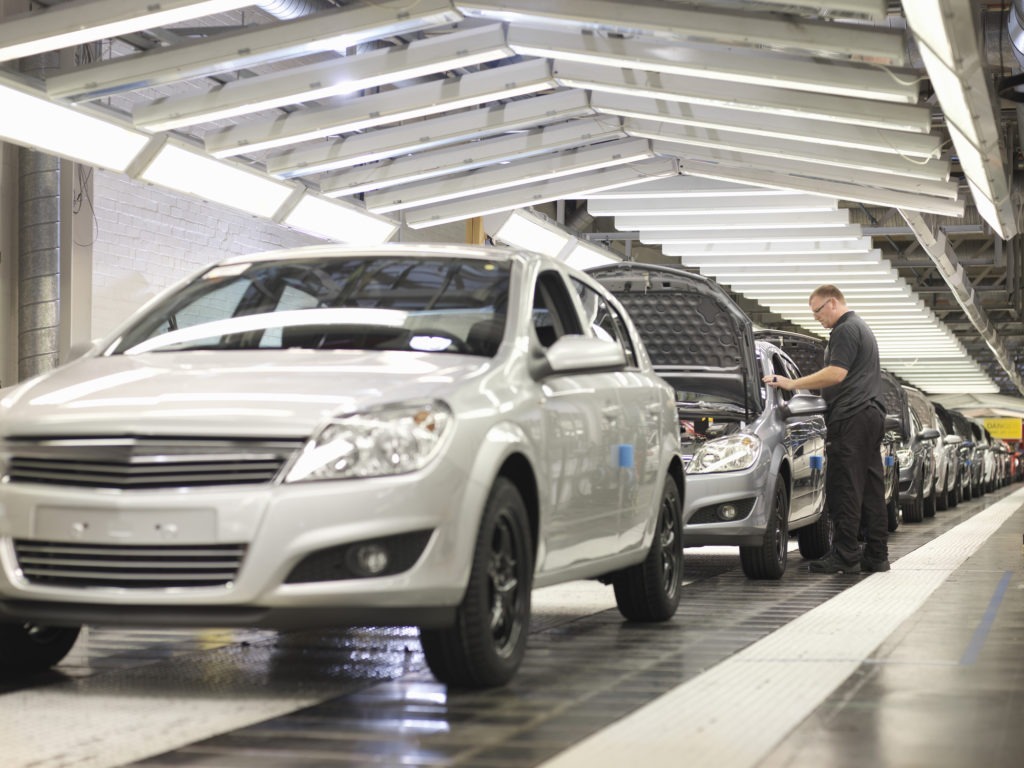Survey: Where should vehicle manufacturers collaborate to ensure the best offer for consumers?
22 June 2018

22 June 2018
(function(t,e,s,n){var o,a,c;t.SMCX=t.SMCX||[],e.getElementById(n)||(o=e.getElementsByTagName(s),a=o[o.length-1],c=e.createElement(s),c.type=”text/javascript”,c.async=!0,c.id=n,c.src=[“https:”===location.protocol?”https://”:”http://”,”widget.surveymonkey.com/collect/website/js/tRaiETqnLgj758hTBazgd9c2rX8Cj_2Fz0v6_2BHMTVDpaCHYTuh24cpA48myLKyOz1F.js”].join(“”),a.parentNode.insertBefore(c,a))})(window,document,”script”,”smcx-sdk”);
Recent stories have seen Ford and VW announce collaboration on ′many projects’ while Audi and Hyundai are working together on hydrogen development.
Coming together in services is also a trend. German rivals Daimler and BMW have joined their car-share services, DriveNow and car2go, in order to compete with Uber and Waymo. Last year also saw car companies in Germany work together to develop software retrofits for diesel vehicles which became part of the German government’s diesel forum.
Manufacturers working together to develop technology and services is a trend in 2018, with companies opting to spread the cost of R&D and benefit from faster routes to market. Collaboration is not new, with some manufacturers sharing engines and vehicle platforms.
Therefore, Autovista Group wants to know which areas manufacturers should look to collaborate with each other for the benefit of drivers. Should engine technology be prioritised, or are new forms of propulsion key for the market?